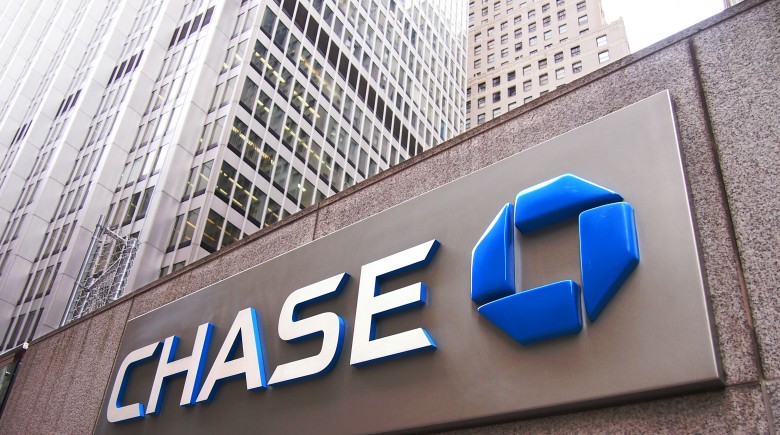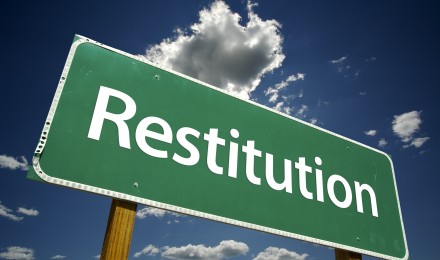At some point or another, nearly everyone has bounced a check, over drafted their account, or in some way racked up fees at the bank. While these mistakes, which are most often corrected immediately, seem innocent; they can end up costing bank account owners down the line. Through what can only be described as banking background checks, large banks are denying new accounts to those who have blemishes on their record. Millions of Americans have already been rejected due to mistakes from years past.
We all know about our credit score, and we all know that blemishes on our credit record could cause us to be denied a loan in the future. But what many people do not know is that there are two major companies out there that are reporting banking activity in much the same way credit activity is reported. The ChexSystems database started back in the 1970’s. Since then it has grown and accumulated more and more information. Another database is owned by several of the banks. Early Warning has a variety of large banks as subscribers. These databases accumulate and store customer records, and anything from the past 7 years could have unwanted consequences for those looking to open a new account.
Although there are many people who are choosing to live life without a bank account, it can be costly. Paying to cash checks, paying to wire money for bills, and paying to load debit cards are all a serious drain on those who live without the help of a bank. There are those who choose to live life without a bank account, and they should realize those fees and accept them as part of avoiding the banks. However, there are others that do not choose to live this way. But they are forced to do so because they are repeatedly denied an account.
Many customers think that they are being unfairly punished for a mistake they made many years ago. And the truth is that those who are lower income are the ones more likely to bounce a check or to have overdraft fees. This translates to the fact that they are more likely to be denied access to a new account. Since opening in 2011, the Consumer Finance Protection Bureau has fielded many complaints about the system. Currently they are reviewing it to see that it is not only fair, but also if it is even legal according to the Fair Credit Reporting Act.
Fair or not, there are ways for those who have past blemishes on their record to get a new account. By stopping by the website ChexSystems Bites they can find a bank that either does not check the database, or they are willing to work with customers who do not meet the criteria to open a new account with other banks. If none of the banks on the list appeal to you, there are always local credit unions. They are often too small to worry about paying the subscription to these reporting agencies.
In the past year, bank fraud is up50% according to recent study by Javelin Strategy and Research. These statistics are what drive the banks to continue to use the bank monitoring system. While the database might help to weed out a few bad apples, it seems that those who made an innocent mistake a few years ago are the unfortunate victims of the fraud prevention measures. There are some ways to get around being denied accounts at the major banks, and the ultimate responsibility does lie with the consumer to make sure they are not racking up fees. But there should be a happy medium.
What do you think? Should banking history be checked before an account is give?
At some point or another, nearly everyone has bounced a check, over drafted their account, or in some way racked up fees at the bank. While these mistakes, which are most often corrected immediately, seem innocent; they can end up costing bank account owners down the line. Through what can only be described as banking background checks, large banks are denying new accounts to those who have blemishes on their record. Millions of Americans have already been rejected due to mistakes from years past.
We all know about our credit score, and we all know that blemishes on our credit record could cause us to be denied a loan in the future. But what many people do not know is that there are two major companies out there that are reporting banking activity in much the same way credit activity is reported. The ChexSystems database started back in the 1970’s. Since then it has grown and accumulated more and more information. Another database is owned by several of the banks. Early Warning has a variety of large banks as subscribers. These databases accumulate and store customer records, and anything from the past 7 years could have unwanted consequences for those looking to open a new account.
Although there are many people who are choosing to live life without a bank account, it can be costly. Paying to cash checks, paying to wire money for bills, and paying to load debit cards are all a serious drain on those who live without the help of a bank. There are those who choose to live life without a bank account, and they should realize those fees and accept them as part of avoiding the banks. However, there are others that do not choose to live this way. But they are forced to do so because they are repeatedly denied an account.
Many customers think that they are being unfairly punished for a mistake they made many years ago. And the truth is that those who are lower income are the ones more likely to bounce a check or to have overdraft fees. This translates to the fact that they are more likely to be denied access to a new account. Since opening in 2011, the Consumer Finance Protection Bureau has fielded many complaints about the system. Currently they are reviewing it to see that it is not only fair, but also if it is even legal according to the Fair Credit Reporting Act.
Fair or not, there are ways for those who have past blemishes on their record to get a new account. By stopping by the website ChexSystems Bites they can find a bank that either does not check the database, or they are willing to work with customers who do not meet the criteria to open a new account with other banks. If none of the banks on the list appeal to you, there are always local credit unions. They are often too small to worry about paying the subscription to these reporting agencies.
In the past year, bank fraud is up50% according to recent study by Javelin Strategy and Research. These statistics are what drive the banks to continue to use the bank monitoring system. While the database might help to weed out a few bad apples, it seems that those who made an innocent mistake a few years ago are the unfortunate victims of the fraud prevention measures. There are some ways to get around being denied accounts at the major banks, and the ultimate responsibility does lie with the consumer to make sure they are not racking up fees. But there should be a happy medium.
What do you think? Should banking history be checked before an account is give?






